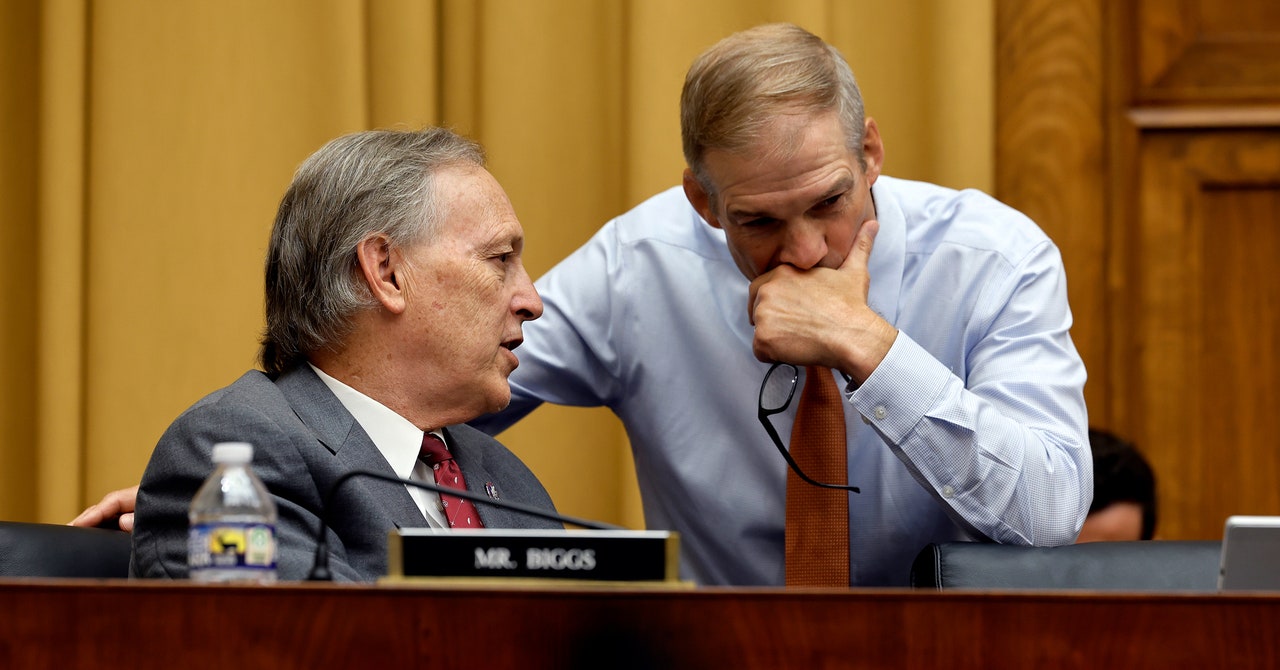
The PLEWSA likewise exited the House Judiciary Committee last week with broad bipartisan support from both Jordan, the Republican chair, and Jerrold Nadler, its ranking Democrat.
Section 702 surveillance begins with monitoring the communications of foreigners believed to be located outside of the United States. Under these conditions, the US government can ignore most constitutional protections, wiretapping nearly any individual it deems likely to possess—or likely to possess in the future—information of intelligence value.
Correspondence between foreign targets and their lawyers, doctors, religious leaders, wives, husbands, and children are all open for collection, a fact that would not change if every one of them were a US citizen. Whatever calls, emails, or texts are intercepted as a result of targeting a foreigner under 702 are legally permissible, or “incidental,” in spy agency parlance.
Once that information is legally in the government’s possession, the use of it is subject to a different set of legal doctrines, many of which ignore the novel circumstances under which it was initially seized. A federal appeals court in 2021 described the “two-step” process by which communications may be seized under 702 and only years later dug up for an entirely different reason. The process on the whole is constitutional, it said, so long as each step “independently complies with the Fourth Amendment.” Under this logic, the FBI has been permitted to treat the private communications of Americans—secretly obtained during foreign surveillance—as roughly the equivalent of information it stumbles across in plain view.
How often Americans are targeted by Section 702 surveillance is a question that the government says it genuinely can’t answer. It does, however, disapprove of using the word “target” to describe Americans whose calls and texts are intercepted by US spies.
Congressional sources opposed to the FRRA, the House Intelligence Committee’s bill, say it reflects a deference toward executive power that has become customary among House and Senate intelligence staff. In arguing that constant experience has never shown secret agencies to be predisposed to self-restraint, a senior aide pointed to the case of an intelligence analyst caught abusing 702 data for “online dating” purposes last year. It had recently been confirmed, they said, that the analyst had not been fired.
“The Intelligence Committee’s ‘FISA Reform and Reauthorization Act’ may have the word ‘reform’ in its name, but the bill’s text proves otherwise,” says Representative Zoe Lofgren. “Congress must not green-light another major surveillance reauthorization without enacting surveillance reform measures that curb abuses and protect Americans’ civil liberties.”
Talking points obtained by WIRED that were being circulated over the weekend by critics of the PLEWSA bill’s deeper reforms allude to the “grave damage” it poses to national security. Supporters of the FRRA bill have dubiously credited the 702 with halting “another 9/11.” But the PLEWSA bill strikes an appreciable balance between privacy and security for a surveillance authority aimed at foiling tier-one threats. It contains clear caveats to help the government advance investigations of cybercrime and exigencies for most immediate, violent threats.
Sources say both the PLEWSA and the FRRA could receive a floor vote as early as Tuesday under rarely prescribed Queen-of-the-Hill rules—meaning, in short, that the bill with the greatest number of supporters might ultimately carry the day.






